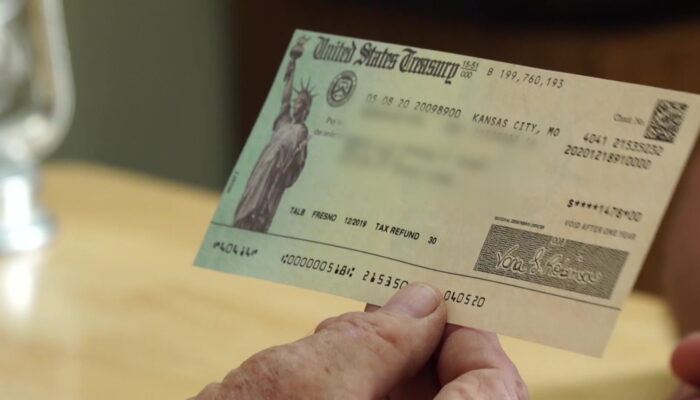Bankruptcy Discharge Exceptions of 523: Explained in Simple Terms
In bankruptcy, debt is discharged unless there’s an exception that makes it nondischargeable. That’s the rule: all unsecured debt is eliminated in bankruptcy unless the exception is in Section 523 of the Bankruptcy Code. What kind of things are listed there? You can guess: recent taxes, most student loans, and so on. Here’s a look at the the bankruptcy discharge exceptions of 11 USC 523.
The statute: 11 USC 523(a)
The rule is all unsecured debt goes away in bankruptcy, and 11 USC 523(a) is the list of exceptions to the rule. In some cases, there are exceptions to the exceptions. That is, the list below is not absolute; sometimes debts in 523a can be discharged in bankruptcy.
Before launching into the long list, Section 523(a) of the Bankruptcy Code says:
A discharge under section 727, 1141, 1192 [1] 1228(a), 1228(b), or 1328(b) of this title does not discharge an individual debtor from any debt:
That’s the preamble. It basically says that a discharge in Chapter 7 bankruptcy, Chapter 13 bankruptcy, Chapter 11 or Chapter 12 bankruptcy doesn’t eliminate the following debts.
Continue reading “Bankruptcy Discharge Exceptions of 523: Explained in Simple Terms”





